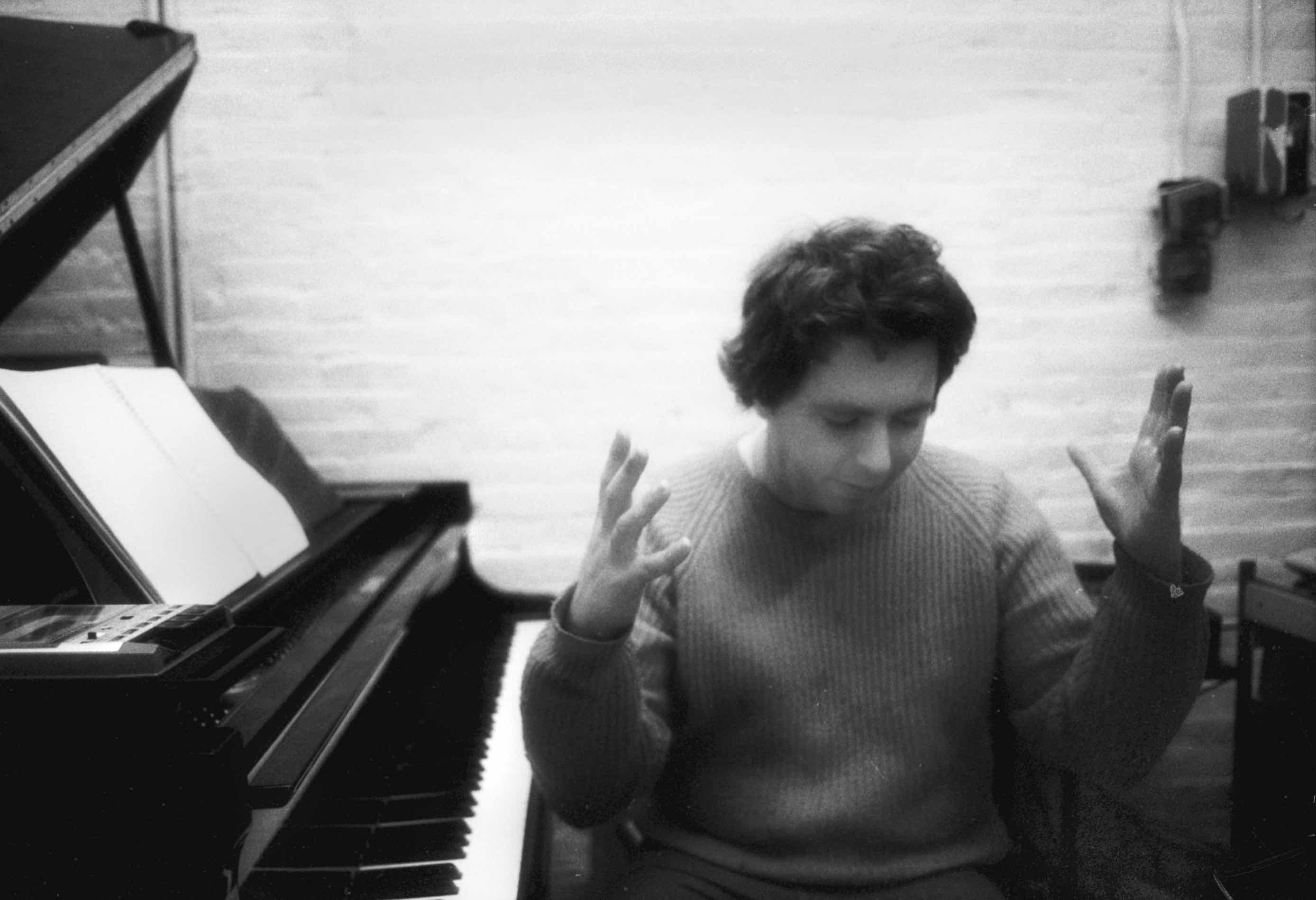It’s amazing how much of a cultural impact the work of Daniel Johnston has had on everything from his musical peers and future songwriters across all genres to art, skatewear, and even mental health awareness. While his name’s been relevant at least since Kurt Cobian rocked his merch on magazine covers, the mid-2000s saw a spike in attention due to Jeff Feuerzeig documentary The Devil and Daniel Johnston arriving in 2005, with producer Kramer—who worked on Johnston’s iconic 1990 LP—compiling a tribute album the following year featuring covers by the likes of Sufjan Stevens, Kimya Dawson, Mike Watt, and Jeffrey Lewis.
The comp was recently revisited and remastered by Kramer, and today its touched-up recordings see their first release via vinyl and cassette through Shimmy-Disc. “Re-releasing this LP on vinyl had been at the back of my mind since 2020 when Karl Hofstetter at Joyful Noise sold me on the idea that it was time for Shimmy-Disc to rise again,” Kramer shares, referring to the indie label he launched in 1987. “Very few people even knew that the original CD had been released, and Daniel has acquired a kazillion new fans since 2006. So I re-mastered it and felt happy enough with the results that it seemed like I could present the compilation anew.”
Kramer is featured on the tracklist as well, covering “Bloody Rainbow” solo and teaming up with another Johnston collaborator, Jad Fair, on Daniel’s most iconic track, “True Love Will Find You in the End.” “I had actually performed and recorded the music initially on my own, but, as was so common at the time, I was unhappy with my own vocals,” Kramer reveals. “So I blackmailed my wife and daughter into singing the lead vocals over mine. The more I listened to it, though, the more I felt that Jad’s voice belonged atop theirs, so his vocals were the last track to be recorded.”
Arriving today alongside the revamped album is a visual for Fair and the Kramers’ contribution, adding nostalgic and romantic imagery to the nostalgic and romantic tune. “It didn’t take long for me to find appropriate footage from the earliest days of film’s silent era, when most of what was being made were either comedies or melodramas,” Kramer continues. “People were as lonely then as they are now, flocking en masse to the silent movie houses to watch stories about people who were perhaps even lonelier than they were. It gave them hope, just as Daniel extends the same hope with this song, perhaps the ultimate expression of his own optimism, written during such a difficult and lonely time in his life.”
Check it out below, and learn more about the I Killed the Monster re-release here.







